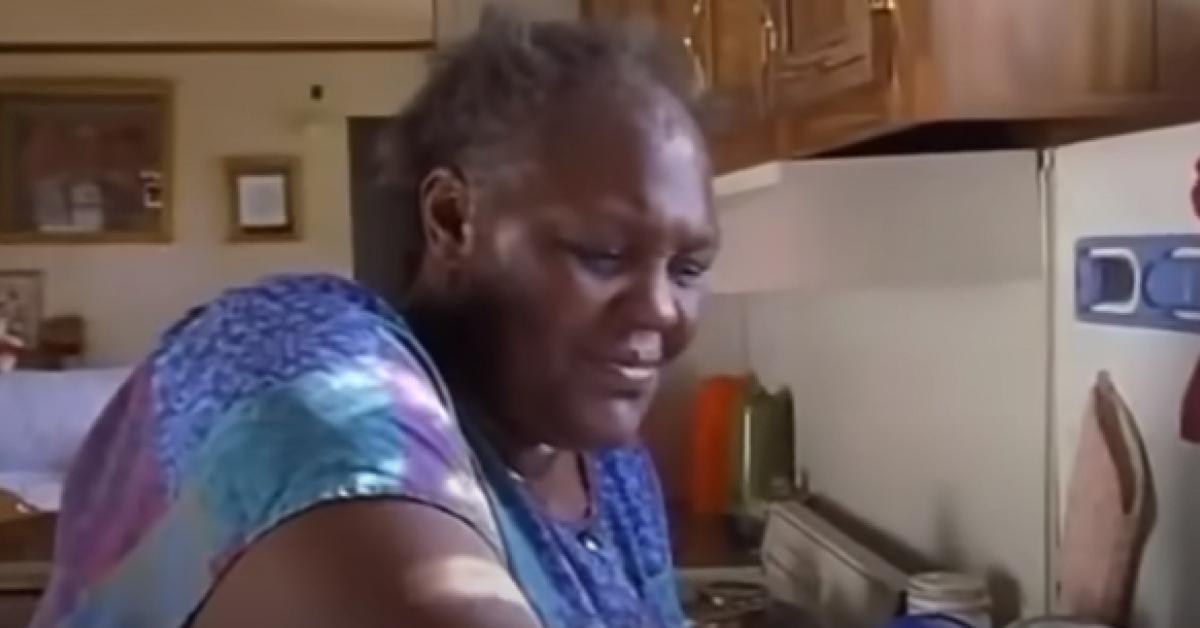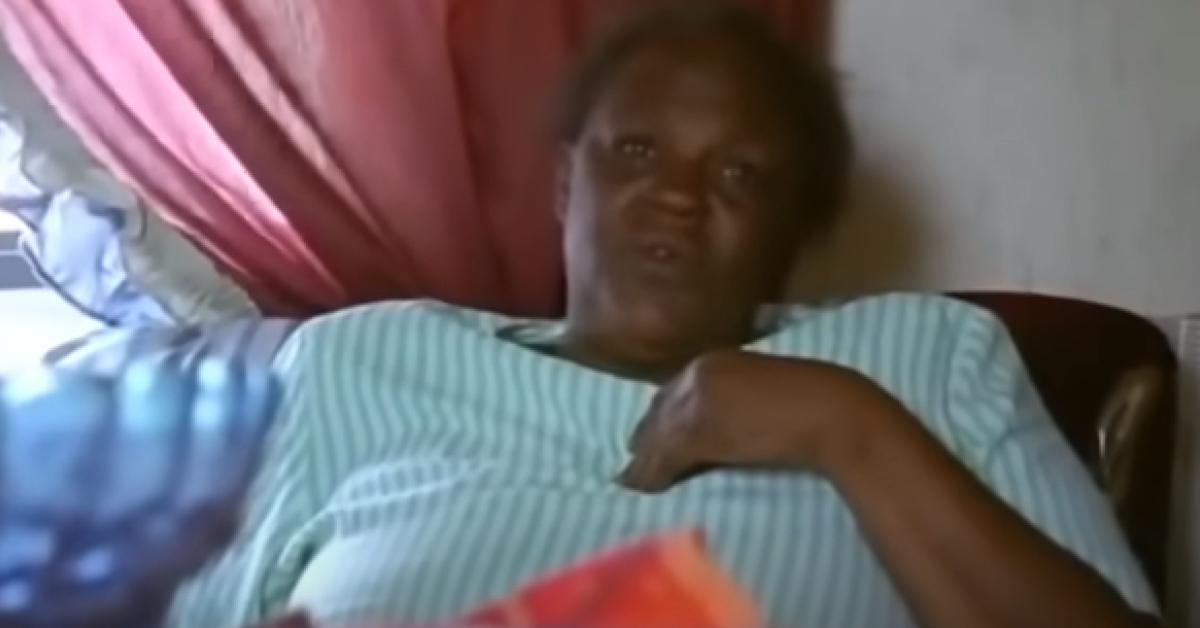LaLee Wallace of ‘Lalee’s Kin’ Suffered a Stroke After the Documentary Gained Recognition
Published Nov. 28 2023, 12:53 p.m. ET

The Gist:
- Laura Lee "LaLee" Wallace was the focal point of a gut-wrenching 2001 documentary titled LaLee's Kin: The Legacy of Cotton.
- The film dissects the effects that slavery and the cotton trade have had on the Mississippi Delta and Tallahatchie, where LaLee and her large family are from.
- LaLee passed away in 2008 and not much is known about her children, either.
In 2001, HBO distributed a documentary that was a tough but eye-opening watch for many viewers detailing the life of Laura Lee (LaLee) Wallace, a woman living in the Mississippi Delta.
Despite taking place more than 150 years after slavery was abolished, the film, LaLee's Kin: The Legacy of Cotton, details how many residents of the Delta, LaLee included, are still feeling the effects of slavery.
The grim viewing experience has left many viewers wondering years after its release: What happened to LaLee and her family in the film and where are they now?
'LaLee's Kin' — where are they now?
The titular character featured in the documentary was 62-year-old LaLee Wallace, who was the great-granddaughter of a slave. LaLee was living in, and had lived in, Tallahatchie County all of her life.

LaLee had nine daughters and two sons in the film, along with 38 grandchildren and 15 great-grandchildren. Much of her time, as depicted in the film, is of her caring for her grandkids. Her daughters have to constantly leave Tallahatchie to find work and one of her sons is constantly being locked up.
The movie also highlights the economic and educational difficulties Tallahatchie faces: the school district is under fire for its student body not being able to secure decent test results on standardized testing protocols, and is at risk for coming under control of the state. LaLee earns money by making lunches for local cotton workers who are employed in factories.
LaLee's Kin delineates a cycle of poverty: LaLee herself is illiterate just like many individuals in her community. She then isn't able to teach her own children and grandchildren and great-grandchildren how to read, leaving the school fighting an uphill battle in getting up to code with state standards.
A lack of education and opportunity in the community outside of the cotton industry and other businesses centered around that means that there isn't much room for growth and advancement, leaving many Tallahatchie residents looking elsewhere for fulfillment.
Some five years after the release of the documentary, unfortunately, LaLee's interview with Jackson Free Press highlighted how not much really changed in her life.

The film went on to win an award for documentary cinematography at the Sundance Film Festival and was nominated for best documentary at the 2002 Academy Awards.
However, the distinctions did little to help change LaLee's immediate situation. Instead, as the article stated, one-off acts of "private benevolence" did little to make things better for LaLee.
Her bathroom still had a hole in its roof that leaked water, which she said fortunately leaked into the tub. Her refrigerator had roaches in it, but thankfully, again, LaLee said that they were small roaches. In that five-year span, LaLee also suffered a stroke; however, she said that she was grateful that she was still able to walk.
It was reported in the Tutwiler Clinic & Outreach Spring 2009 newsletter that LaLee had passed away in December of 2008 around Christmas time. The publication wrote nothing but kind things about the woman: "It isn’t always by money and material things that other people’s lives are touched. This was so obvious at Laura’s funeral. In a humble church located out in a field, there was no way for Sister Joann to even enter the church because of the many, many people who gathered to honor this grandma, sister, mother and friend. She had touched so many lives in her own way."
Tallahatchie's Holland & Hart Foundation was launched in response to 'LaLee's Kin.'
In 2002 after LaLee's Kin gained widespread recognition following its Oscar nomination, a legal assistant at Holland & Hart helped to launch an initiative that sought to donate not only vital school supplies to Tallahatchie's then struggling educational district, but also sought to honor teachers and students who've excelled in their communities.
Initially, the foundation resolved to a 10-year commitment of the scholarship and educator recognition program, but the Tallahatchie board of educators decided to extend it, continuing the trend of honoring one teacher, one teacher's assistant, and one student in the district for exceptional work.